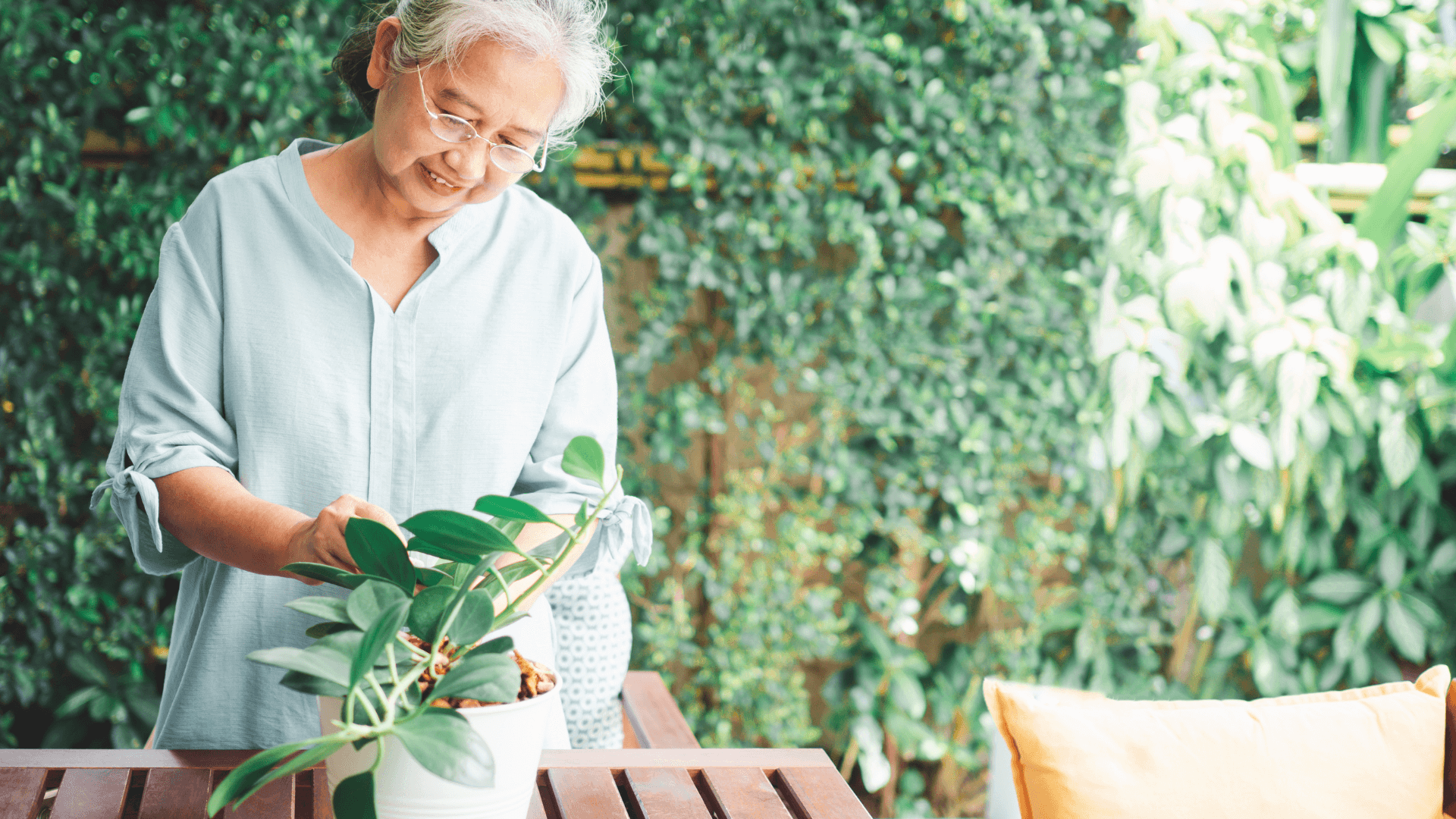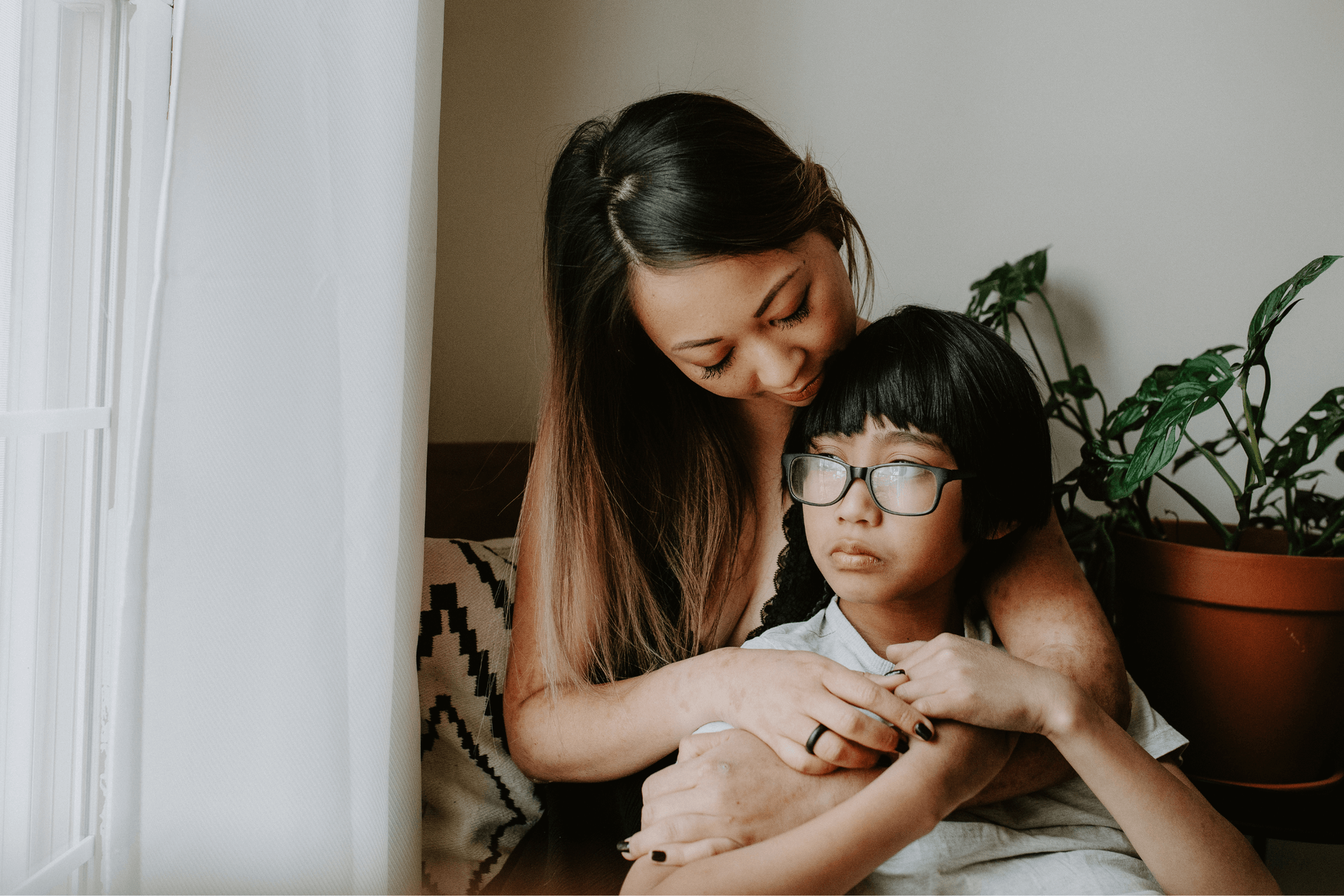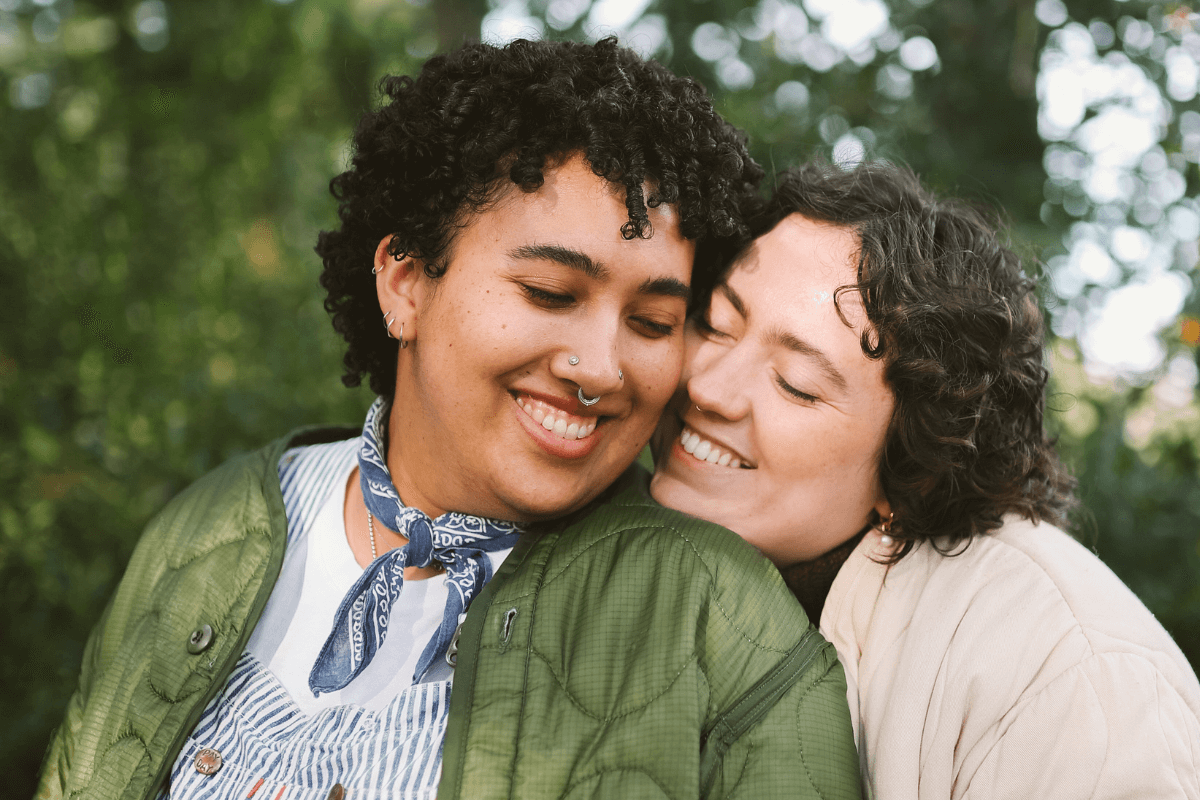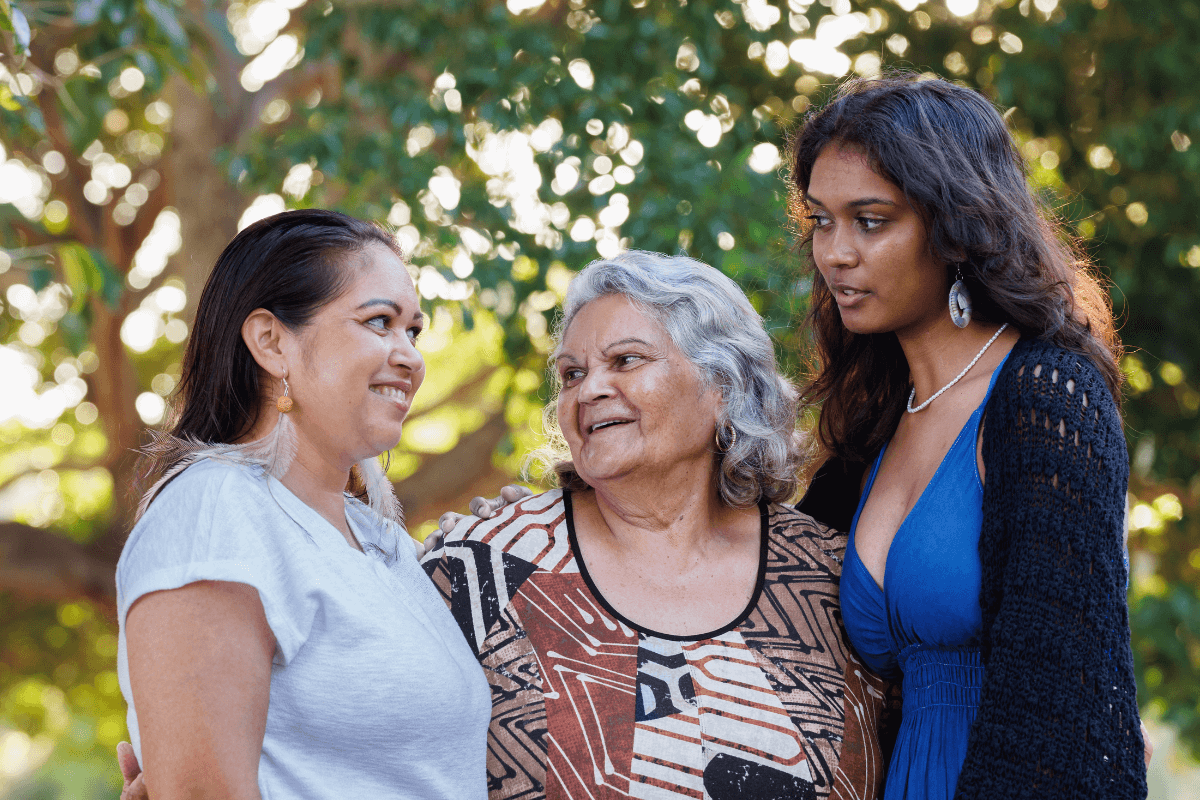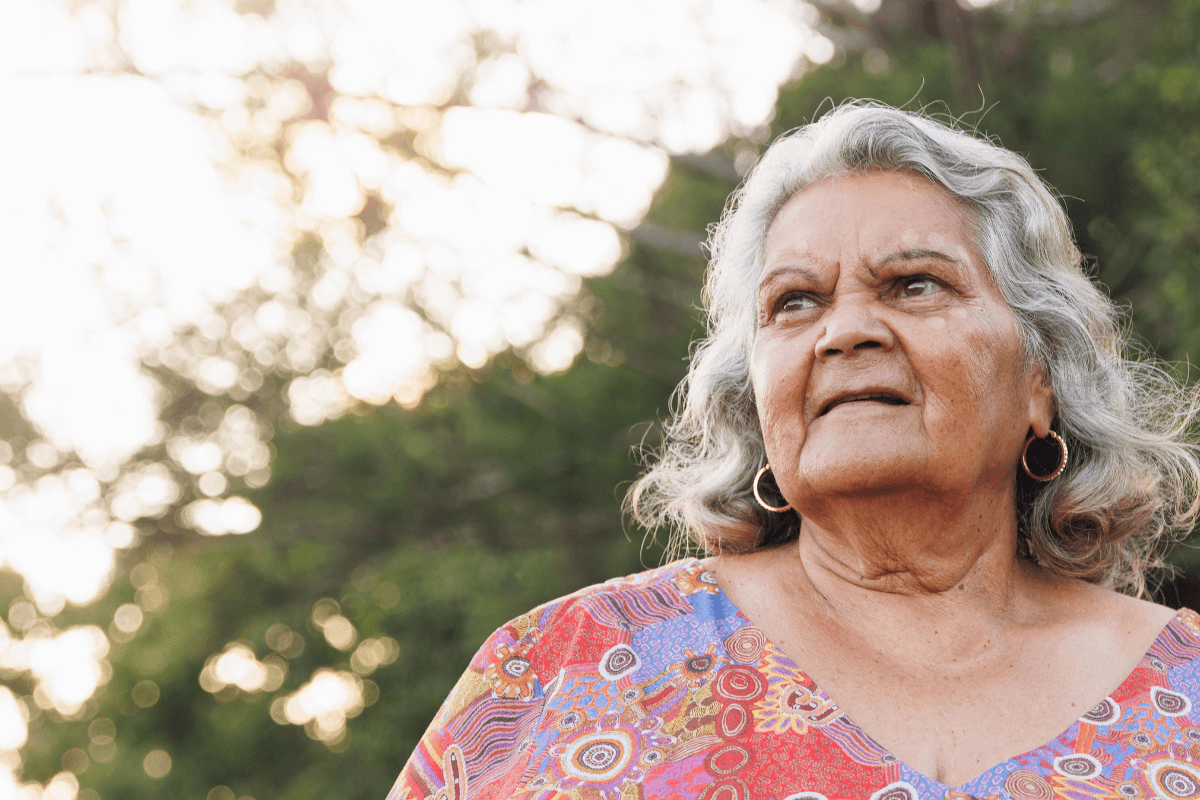Your favourite song. A hug from a loved one. The first sip of coffee.
These can all be considered ‘glimmers’ – small moments of joy that boost your mood and make you feel calm.
The term was coined by Deb Dana, a clinical social worker who specialises in complex trauma, and the concept has taken off around the internet and among mental health professionals.
The best part is, glimmers can be found in our everyday lives – we just have to look for them.
“We’re not talking great, big, expansive experiences of joy or safety or connection,” explains Dana.
“These are micro moments that begin to shape our system in very gentle ways.”
We explore the difference between glimmers and triggers, and how to find and embrace your unique glimmers to create calm in your life.
Triggers vs. Glimmers
The term ‘glimmers’ is often used alongside the term ‘triggers’.
In mental health terms, a trigger refers to something that causes negative emotions and makes you feel overwhelmed, anxious, or distressed.
Feeling triggered isn’t just about being annoyed by something. For someone who’s experienced trauma, being around something that triggers them and reminds them of a traumatic event can make them feel like they’re experiencing it all over again. It can be a signal to the brain that they’re in danger.
While triggers are commonly discussed in the context of post-traumatic stress disorder (PTSD), the term can also be used in the context of other mental health conditions, such as anxiety or a substance abuse disorder.
Glimmers are the opposite of triggers. They refer to stimulus that makes us feel safe and grateful.
Whether we notice them organically or seek them out when we’re experiencing negative emotions, glimmers can help calm our nervous system and return us to a regulated state.
Examples of Glimmers
Glimmers are different for everyone, because the things that make us feel safe and joyful are subjective and unique to us.
Here are just some examples of glimmers:
- Taking a bath
- Saying a prayer
- Seeing a rainbow
- Hearing birds chirping
- Patting or cuddling a pet
- Hearing a child’s laughter
- Doing something creative
- Eating your favourite treat
- Finishing an important task
- The weight of a cosy blanket
- The smell of freshly cut grass
- Feeling sand between your toes
- Talking to a loved one on the phone
- Looking at photos of good memories
- Smelling your partner’s perfume/cologne
- Hitting all the green lights on the way to work.
How to Find Your Glimmers
Focusing on the good and identifying your glimmers can help improve your mood and make you feel more grateful and fulfilled overall.
Some ways to find your glimmers include:
- Keep a journal or list – Journalling is a great way to keep track of the things that make you feel good throughout the day. Pay attention to what you’re doing, where you are, and who you’re with when you feel your best. This way, you can refer back and repeat – or simply get some good vibes going from the memories alone.
- Stay connected – Create opportunities to connect with your loved ones, even if it’s just a quick call to share a funny story. Our relationships do wonders for our wellbeing, and they’re often a prime source of glimmers and gratitude.
- Try new things – Not feeling inspired? Mix things up and try a new hobby or activity. Whether on your own or with a friend, trying new things is a great way to get out of your routine, learn more about yourself, and potentially find a new favourite pastime.
- Practise gratitude – Before you go to sleep each night, think of three things you’re grateful for that day. These don’t need to be big, lifechanging things. As you can see from our examples above, glimmers can be small, everyday activities. Practising gratitude helps you get in the habit of noticing them more often.
Did you know practising gratitude can reduce stress and improve your immune function? Learn more in our blog post Benefits of Gratitude.
If you’re finding it hard to see the positives at the moment, it could help to talk to someone you trust or seek support from a professional.
Talking to a counsellor can help you work through things in a safe and supportive environment.
You can call 1300 364 277 to make an appointment or learn more about our counselling services here.



